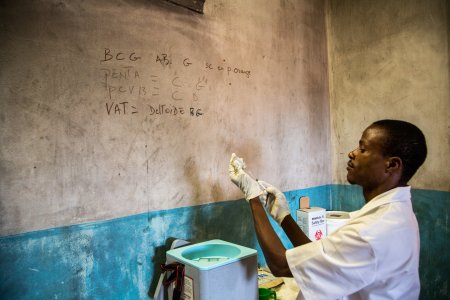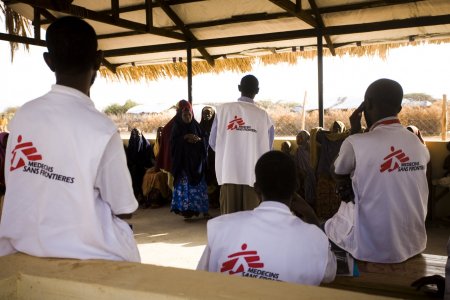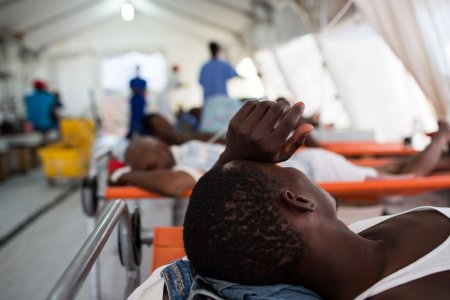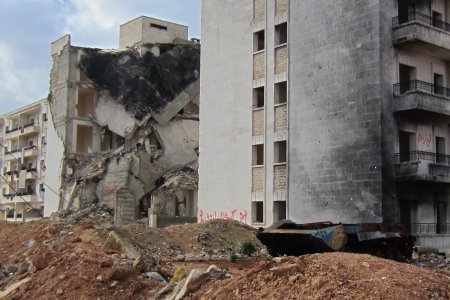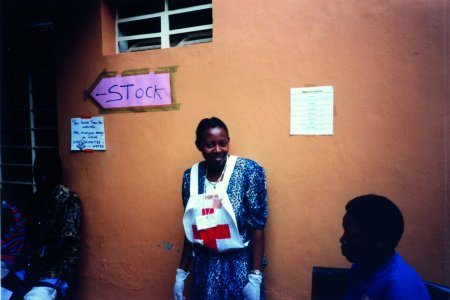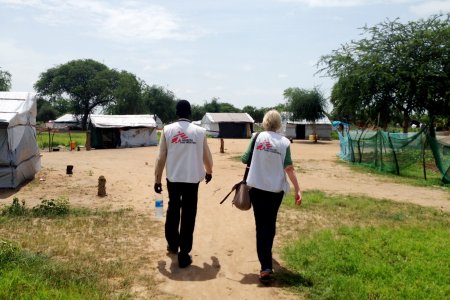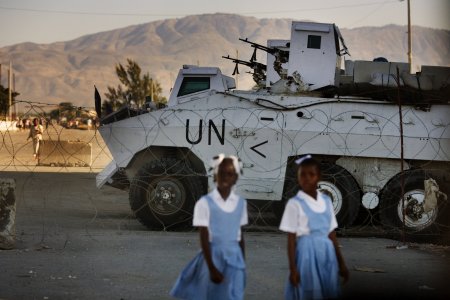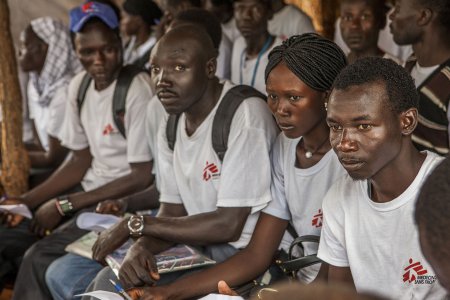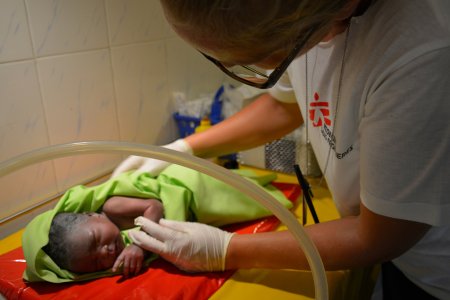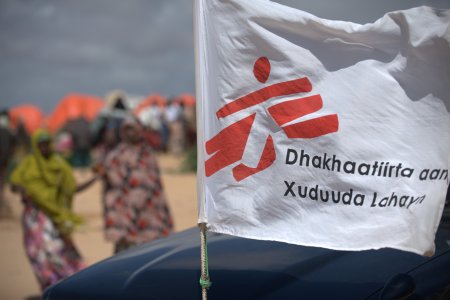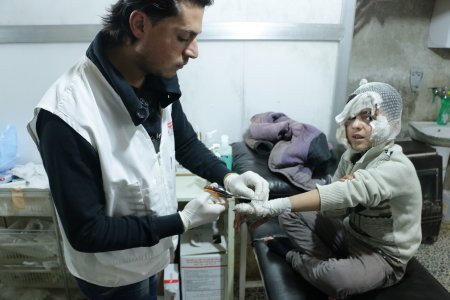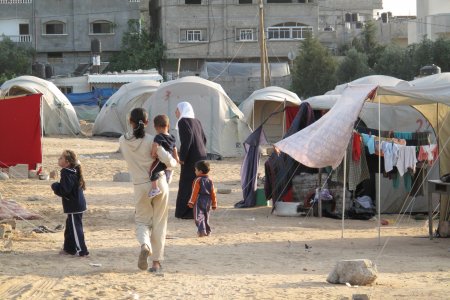OFF THE CUFF is a participative blog run by the Crash. Its purpose is to expose the diversity of experiences and opinions that exist among humanitarian aid practitioners. Online comments as well as direct contributions are more than welcome.
Views expressed on this blog are those of their authors and do not necessarily reflect the official positions of Médecins Sans Frontières
The Last Mile. Can we afford to keep believing in the eradication of polio?
In the 1980s, a global commitment was made to eradicate polio in the wake of the eradication of smallpox. As far as the world health community was concerned, this successful experience made it an example model on which to base future campaigns against infectious diseases.
MSF launches website revealing insights to its decisions to speak out on crises
Médecins Sans Frontières is today launching an educational website "Speaking Out" that provides unprecedented insight into its decisions during key humanitarian crises of the past 40 years.
The plague and cholera
Three years after it occurred, Haiti's cholera epidemic is still in the news.
Scaling up aid in Syria: the role of diaspora networks
Syria is certainly the most deadly conflict in the world today and the most underserved in terms of international humanitarian assistance. Exposed to violence and lack of essential services, millions of Syrians, living under the authority of opposition groups, have almost no access to international humanitarian relief.
Médecins Sans Frontières and the ICRC: matters of principle
How do Médecins Sans Frontières (MSF) and the International Committee of the Red Cross (ICRC) differ, and how are they alike?
Perspectives on the future of humanitarian action
On the occasion of the 150th anniversary of the ICRC (1863-2013) and in light of the recently launched issue of the Review on "The future of humanitarian action", the Harvard Program on Humanitarian Policy and Conflict Research (HPCR) and the International Review of the Red Cross are pleased to co-host a Live Web Seminar on the topic: "Perspectives on the Future of Humanitarian Action"...
Three questions to Fabrice Weissman on current humanitarian challenges
What are your tangible suggestions for improving negotiations with Syrian government for cross border access, and why do you believe that greater pressure from OCHA and ICRC would yield results?
David Miliband’s new role will only hinder our aid work
The appointment of David Miliband as president and CEO by a major relief agency is another nail in the coffin to claims of humanitarian independence.
My Enemy’s Doctor Is My Enemy
What do the Syrian National Coalition, a foreign jihadi group, a Gulf State and the Iranian and American governments all have in common?
Remote management in Somalia
Discussions on the merits of remote control management of humanitarian projects have been particularly intense over the last few years. We are pleased to share this contribution published in Humanitarian Exchange Magazine by Joe Belliveau, the operational manager for Somalia in the Dutch section of our organisation.
Syria: "Health facilities have become part of the war zone"
In June, MSF opened a hospital in the Idlib region in northern Syria, an area under rebel control. Located behind the front lines, the hospital has 15 beds and a staff of approximately 50, including 10 international MSF workers.
Gaza: Alive, but slimmer
Last October, the Israeli Minister of Defence resolved under judicial order to declassify documents dating from January 2008. These archives contain the implementation details of the embargo imposed on Gaza in 2007.

